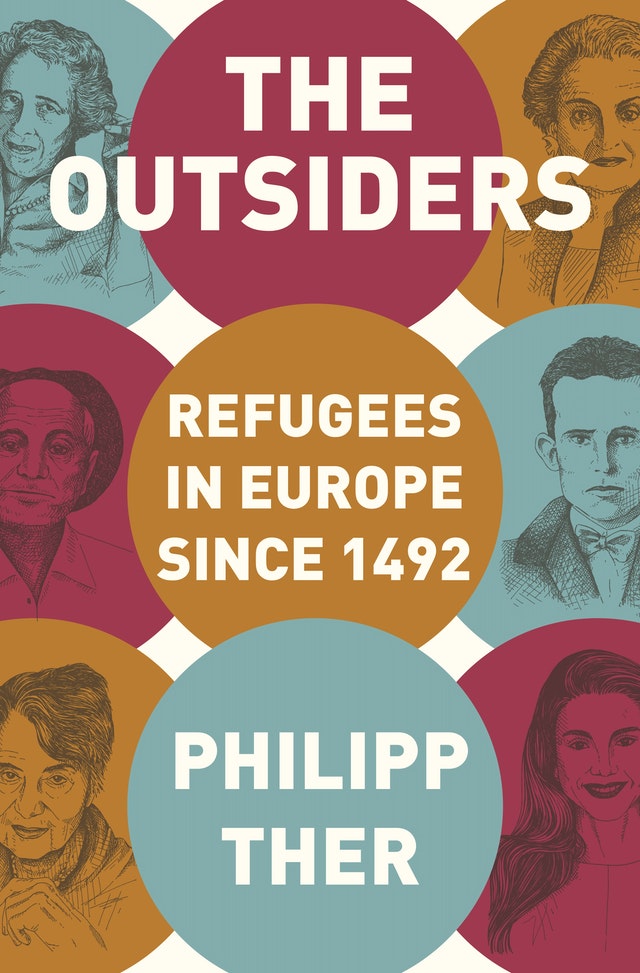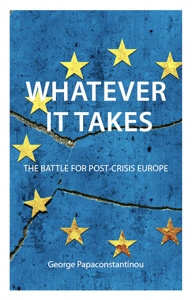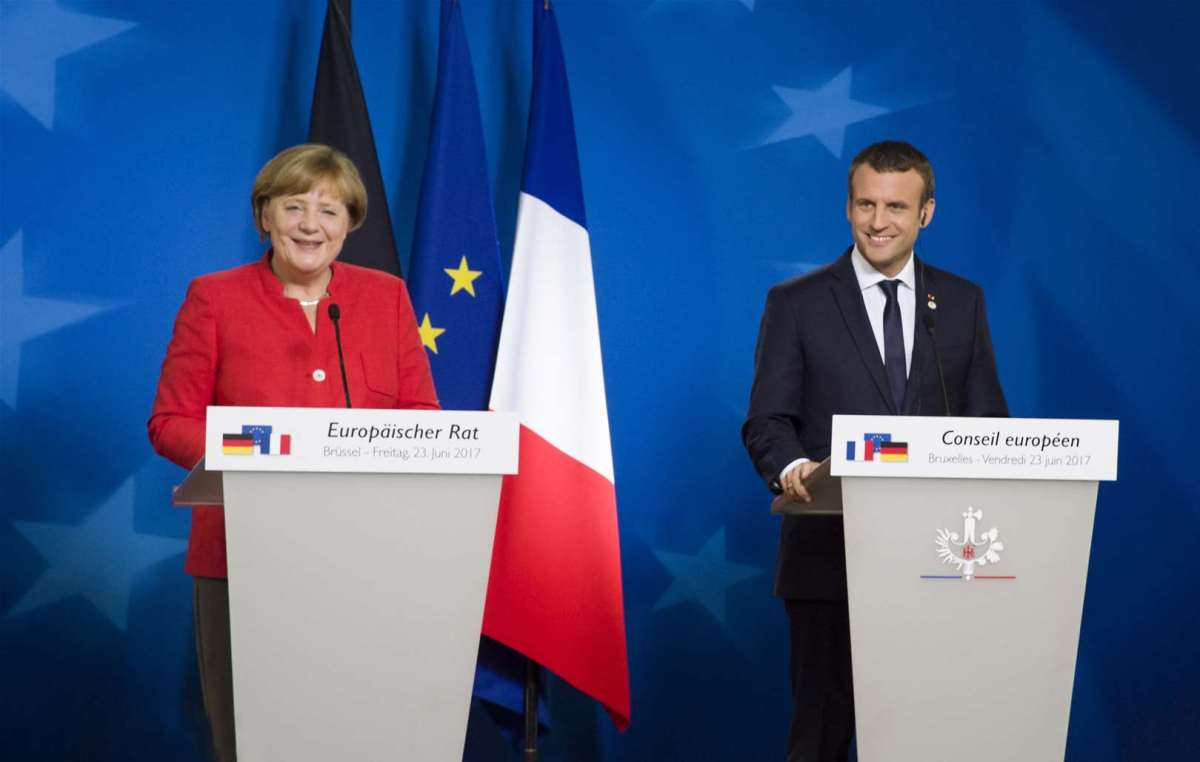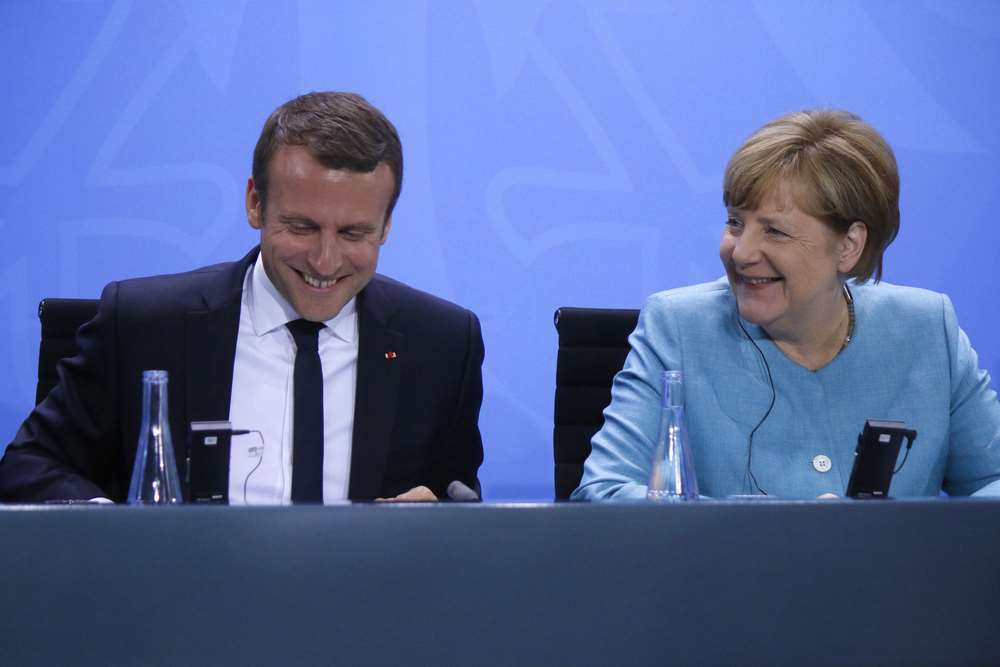Nationalism is only one of many exclusive identities; it is also only one of many powerful forces in Europe and elsewhere that shape political events. Religion and ideology also matter, both in bringing people together and in driving them apart. The energy they create is potentially lethal, particularly for those who find themselves holding onto the wrong (sort of) identity. Identity conflict inevitably creates refugees – people who do not belong to the ‘in-group’ and so find themselves cast out of society. The challenge for governments and societies is to manage the consequences with the least possible dislocation and to their greatest advantage.









